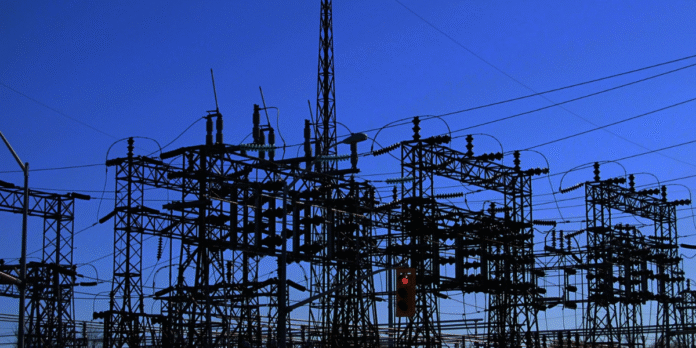More than a year and a half after the launch of Prime Minister Narendra Modi’s ambitious PM Surya Ghar: Muft Bijli Yojana, the Andaman & Nicobar Islands are witnessing almost no tangible progress on the ground. The centrally sponsored rooftop solar power scheme, intended to provide up to 300 units of free electricity to households each month, has seen negligible implementation in the Union Territory, even as residents continue to suffer from prolonged and unscheduled power cuts.
The scheme, unveiled on February 15, 2024, was expected to be a game-changer in reducing household electricity expenses and boosting the adoption of clean energy. National projections suggest it could save the government nearly ₹75,000 crore annually. However, in the island territories, where diesel-generated electricity is both expensive and unreliable, the urgency and scale of implementation appear to be missing.
In urban and semi-urban areas of South Andaman, residents report daily power outages stretching 12 to 14 hours. The situation is worse in the rural areas of North and Middle Andaman and in the tribal regions of Nicobar, where electricity supply is erratic, with no scheduled timings and limited duration. Despite these hardships, there is no sign of a coordinated administrative push to accelerate the scheme’s rollout.
Many households, particularly from economically weaker sections, are unable to afford alternatives such as inverters or diesel generators. While the general public struggles with basic power needs, anecdotal reports suggest that government offices and well-off families continue to enjoy uninterrupted electricity via official or private generator setups, widening the already stark inequality in energy access.
A major barrier to the scheme’s implementation is the lack of updated land records. A large number of island residents live on government revenue land, settled under policies from the era of former Prime Minister Atal Bihari Vajpayee. These settlements, despite having water and electricity connections for decades, do not have formal land titles, which disqualifies them under the current subsidy guidelines for solar installations.
Additionally, several electricity connections remain registered in the names of deceased family members. Due to systemic delays in mutation, inheritance, and legal verification processes, eligible family members are unable to update records or apply for solar subsidies, leaving many willing participants locked out of the benefits.
The Wave Andaman has brought to light significant irregularities in the Urja Pay electricity billing system. In one striking instance, a household in A Shadipur received inflated bills despite having its power supply disconnected for over two months. Official records revealed erratic billing patterns, a backlog of unresolved complaints, and a troubling absence of accountability from the Electricity Department. Similar issues have surfaced in nearby areas, pointing to broader systemic flaws in metering accuracy and the digital grievance redressal mechanism. Frustrated residents are now calling for greater transparency, upgraded digital infrastructure, and more responsive governance from the concerned authorities.
Local voices are growing louder, calling for the administration to act in mission mode. Residents and civil society actors are demanding robust awareness campaigns, appointment of district-level nodal officers, and dedicated timelines for implementation. There are also appeals for temporary relaxations in eligibility rules, particularly to include households with valid electricity meters but lacking formal ownership documents.
Demands have also emerged for the launch of land regularisation and mutation camps so that informal settlers who have long been part of the grid can finally receive official recognition and become eligible for the scheme.
Responding to growing public concern, Member of Parliament from Andaman and Nicobar Islands, Bishu Pada Ray, said, “The PM Surya Ghar Yojana is a visionary initiative and must reach every eligible household in these islands. I have taken up the matter with the UT Administration and urged them to resolve land and power-related bottlenecks immediately. The people here have waited long enough; we cannot allow red tape to derail their access to clean and free energy.”
As Andaman & Nicobar Islands continue to grapple with a worsening power crisis, the delay in rolling out the PM Surya Ghar Yojana, combined with billing irregularities and digital inefficiencies, has become a flashpoint for public frustration. With clean energy positioned as a cornerstone of India’s sustainable future, the Union Territory’s slow progress raises serious questions about administrative intent and capacity.
Without urgent intervention, the very communities that the scheme aims to uplift may continue to be left behind in the nation’s transition to renewable energy.





